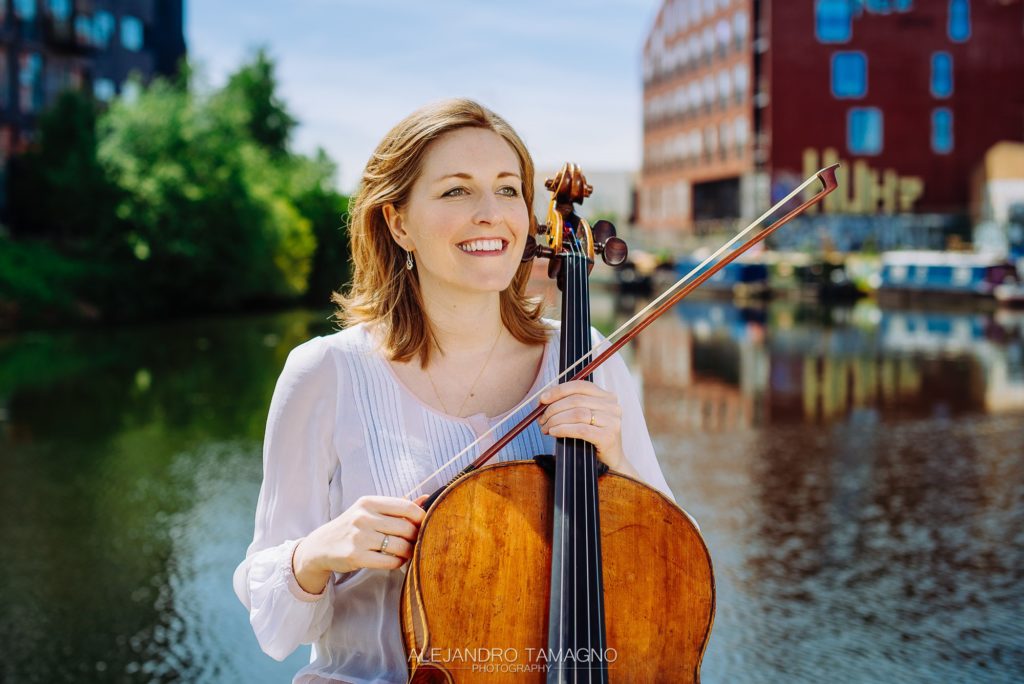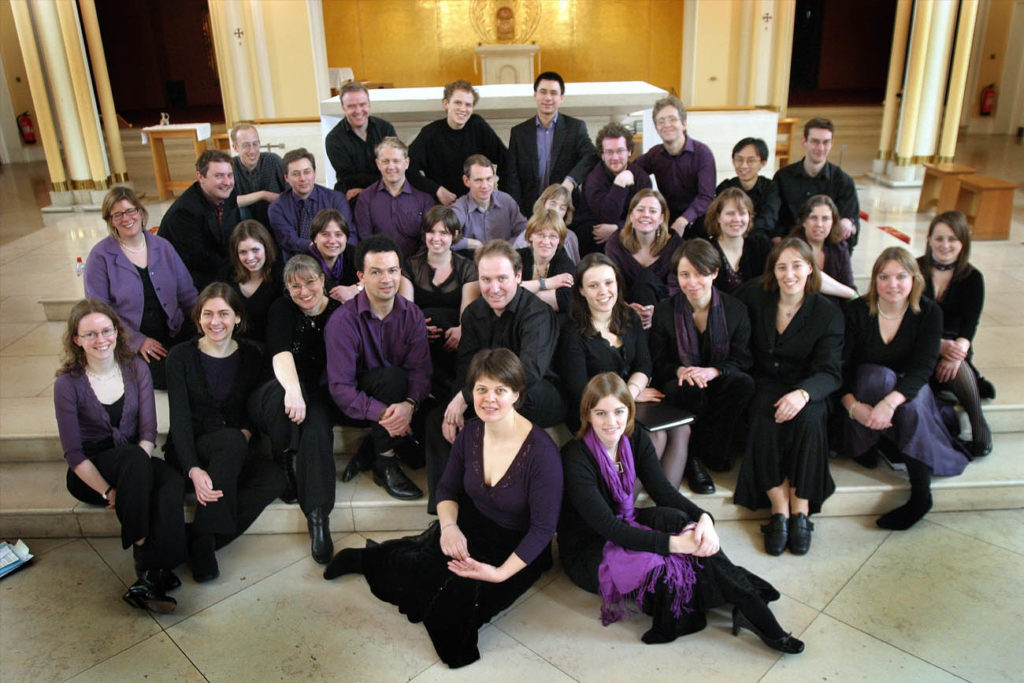
THE piano trio called Perpetuo brought Mozart and Mendelssohn to the British Music Society of York’s table, framing a piece by Cheryl Frances-Hoad written in 2005.
The Mozart was run-of-the-mill, the Mendelssohn invigorating, but Frances-Hoad’s ten-minute offering contained much more than its brief length might imply.
My Fleeting Angel was inspired by a Sylvia Plath short story, The Wishing Box, which deals with a married couple’s contrasting dreams. I confess that the story it purported to tell – music cannot describe, only evoke – passed me by, but made no difference to its pleasing effect.
It opened with string harmonics, which did not bode well, but the whirling piano soon shook the others into rhythmic life and all three continued in tight harness. The excitement eventually slowed right down, although the sense of a tonal centre continued.
The concluding Allegretto eleganza delivered an extended wind-up to an abrupt ending. It was a tantalising conclusion, begging the question “What next?”, but none the worse for that.

Mendelssohn’s First Piano Trio, Op 49 in D minor, written in 1839, was acclaimed by Schumann, no less, as “the master trio of our age”. It got off to an expressive start, although Cara Berridge might have made a little more of the cello’s sweeping theme. But all was forgiven in a recapitulation of immense excitement.
Apart from the passionate conversation at its centre, the song-like slow movement made a gentle contrast, with Libby Burgess’s piano setting the tone. It ended in a heavenly hush.
After a neat and light scherzo, which disappeared into the heavens – another trademark Mendelssohn touch – the violin of Jamie Campbell really came into its own in the spirited finale. With the piano cascading up and down, there was still time for a moment to draw in the listener when the strings resorted to pizzicato against the keyboard’s staccato. Best of all, balance remained excellent despite all the exuberance.
Mozart’s G major trio, K.496 of 1786 had not provided the best of starts. The opening Allegro was clear but uninvolving, with more than a touch of caution, and the slow movement was more languid than liquid. There was a certain amount of drama in the final set of variations. But Frances-Hoad livened things up and Mendelssohn did the rest.
Review by Martin Dreyer

